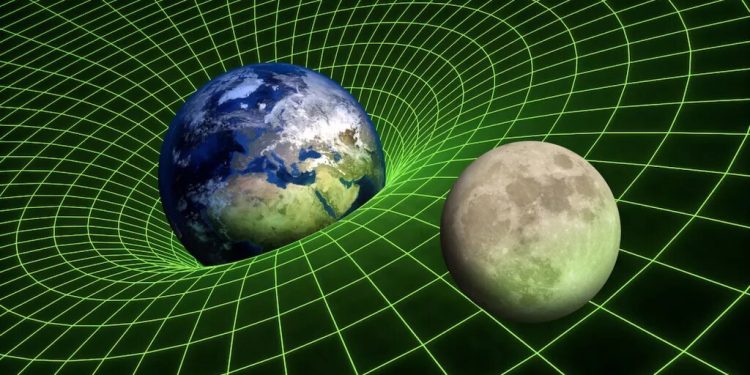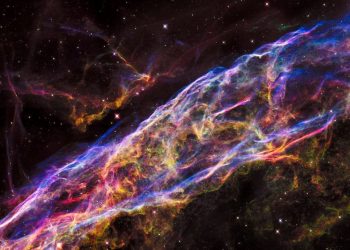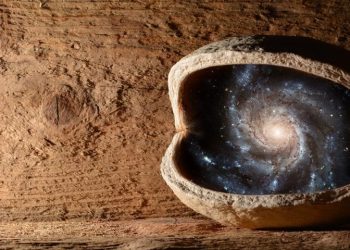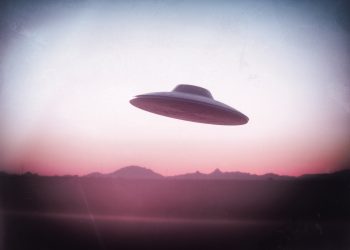Our universe is governed by the intricate rules of quantum mechanics, where nearly everything can be explained as a series of interwoven fields—electromagnetism, the strong and weak nuclear forces, and the particles of matter. Together, these building blocks form the foundation of our understanding of reality.
However, there’s one glaring exception: gravity. Unlike other forces, gravity stubbornly resists fitting into the framework of quantum mechanics. Despite decades of research, scientists have yet to develop a unified quantum description of gravity, often referred to as “quantum gravity.” Instead, gravity is best described using Einstein’s general relativity, a classical theory that doesn’t align seamlessly with quantum fields. This disconnect represents one of the greatest mysteries in modern physics, and solving it could fundamentally change our understanding of the universe.
But what if gravity isn’t just a classical force? What if it’s also a quantum field, waiting to be uncovered?
A New Approach to Testing Quantum Gravity
In the quest to uncover quantum gravity, researchers are exploring innovative ideas. A recent study published in Physical Review Letters outlines a groundbreaking experiment that could challenge the notion of purely classical gravity. Instead of proving quantum gravity outright—a feat that remains extraordinarily complex—the researchers propose an experiment to disprove the idea that gravity is entirely classical.
At the heart of this experiment lies a principle of quantum mechanics known as superposition. Superposition allows a particle—or in this case, a tiny crystal—to exist in two places simultaneously until it is measured. The scientists aim to create a crystal just nanometers in size, induce a state of superposition, and then observe whether gravity behaves according to quantum rules.
Testing the Quantum Nature of Gravity
The experiment involves two parallel paths. In the first, a single nanocrystal is placed in a state of superposition, and its properties are measured and recorded. This serves as the control group.
In the second path, a second nanocrystal is introduced close enough to the first that a minuscule gravitational force should act between them. If gravity has quantum characteristics, this force will cause the first crystal’s quantum state to change—a phenomenon known as “quantum measurement-induced disturbance.”
After the interaction, the researchers will measure the first crystal again to determine if its state has been altered by the gravitational force of the second crystal. A change in state would suggest that gravity follows quantum principles, marking a pivotal step toward proving its quantum nature.
A Path to Quantum Gravity
This approach builds upon earlier experiments that tested superposition’s effects on gravity, but the researchers argue that superposition alone isn’t enough to confirm gravity’s quantum nature. They emphasize the need to test additional quantum mechanical principles, such as unitarity and the measurement postulate.
As the study authors wrote, “Adding this test to existing experiments will bring us closer to a complete demonstration of gravity as a quantum entity.” If successful, the findings could serve as the first direct evidence that gravity is governed by quantum mechanics.
The Implications of Success
While this experiment won’t provide the elusive “theory of everything,” it represents an essential step toward understanding how gravity fits into the quantum puzzle. Proving the quantum nature of gravity could open new doors in physics, potentially leading to a deeper understanding of the universe’s most fundamental forces.
As researchers continue their pursuit, the implications of success are monumental. Could gravity hold the key to unifying all the forces of nature under one quantum framework? Only time—and a lot of ingenuity—will tell.











